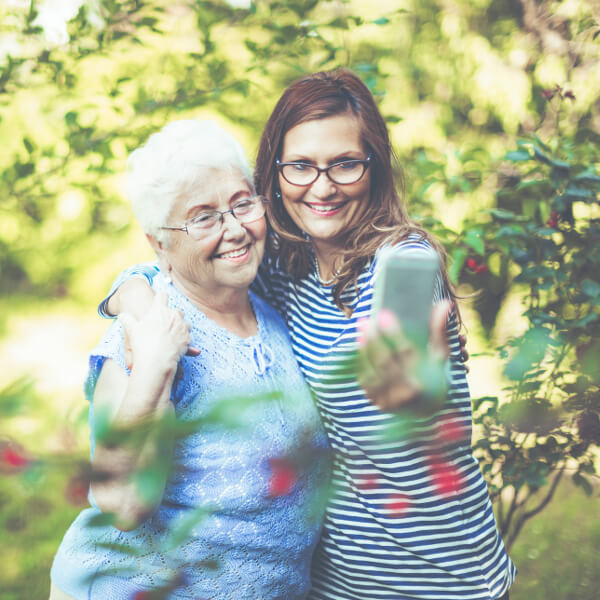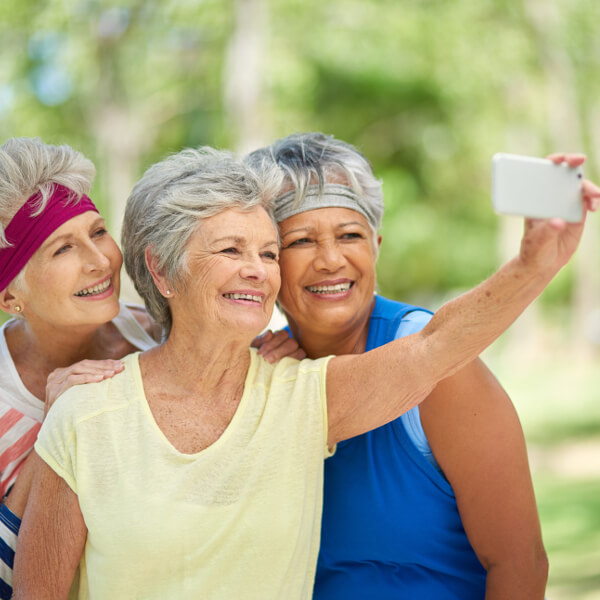I have a friend whose husband developed a form of cognitive illness in his mid-70s. From caring for him to making sure he took his medications, got to physician appointments and ate adequately, she had her hands full.
And evening, which sometimes precipitates what is called sundowning (or “late-day confusion”), brings its own challenges.
Her situation is precisely why creating a safe environment for a loved one with Alzheimer’s disease or similar cognitive illness is absolutely necessary, especially as care needs and disease progress.
The changes that cognitive illnesses precipitate can greatly affect the safety of those with the disease, notes the Alzheimer’s Association. These changes are often seen most in judgment, sense of time and place, behavior, physical ability and senses.
If a loved one is beginning to spend money foolishly or forgets daily tasks; gets lost on a familiar street; is easily confused, suspicious or fearful; or is experiencing changes in vision or hearing, you may need to add safety to your list of things to manage.
Here are several tips to help ensure safety:
● Consider the environment. Is the garage easy for your loved one with Alzheimer’s to access? Can the person get into the basement or other workspace where you place cleaners and other chemicals? These are among the most dangerous for those with Alzheimer’s because use of tools and cleaners requires close and careful supervision. In addition, be sure to watch your loved one closely outdoors, as wandering can become common.
● Be ready to adapt the home. Kitchens and bathrooms can be dangerous for those with Alzheimer’s disease. Stoves are simple to turn on, knives are easily within reach, spices and seasonings not meant for consumption alone can be ingested and very hot water may be accessible. To make things safer for your loved one, install safety features on the stove, ensure water heaters are set to a reasonable temperature and put away anything not meant to be eaten, locking knives and medications in drawers.
Installing locks and alarms on doors and windows may also help. Place deadbolts on doors either very high or very low to ensure they are out of sight for your loved one. You may also want to remove locks from certain doors, so your loved one will not be able to lock you out or him- or herself in!
● Detect fall hazards. Check your loved one’s surroundings to secure any loose rugs or wires, remove tripping and fall hazards, install lights in hallways and use nightlights to prevent disorientation.
● Be ready for emergencies. Make sure fire extinguishers, smoke detectors and carbon monoxide detectors are working. If an emergency does occur, it can be helpful to have an emergency-contact list on hand that includes your local hospital and poison control center.
If your loved one’s needs are changing more rapidly than you can handle, please contact us at Diakon Senior Living Services. We can help you to create the safest environment, while also evaluating your loved one’s needs.
Karen Sinkovits
Activities Director, The Lutheran Home at Topton






